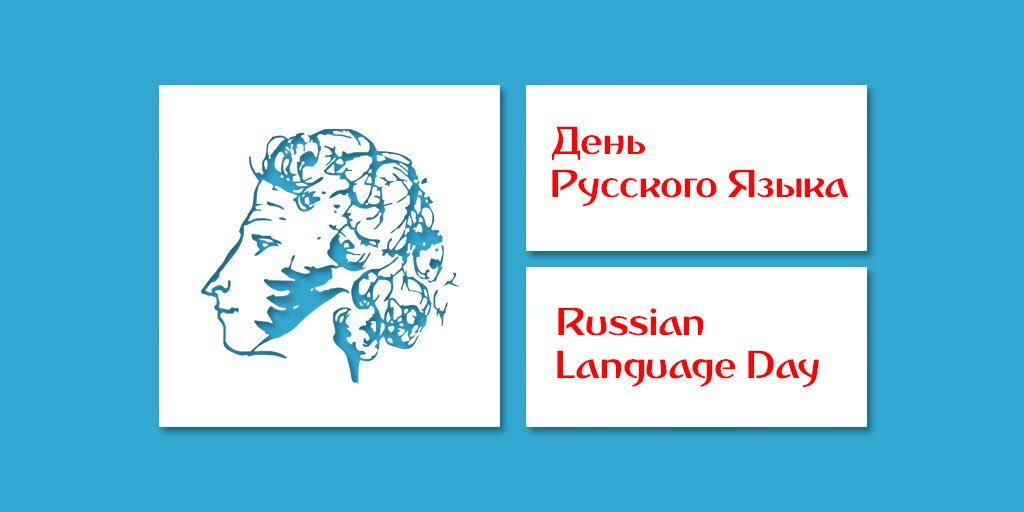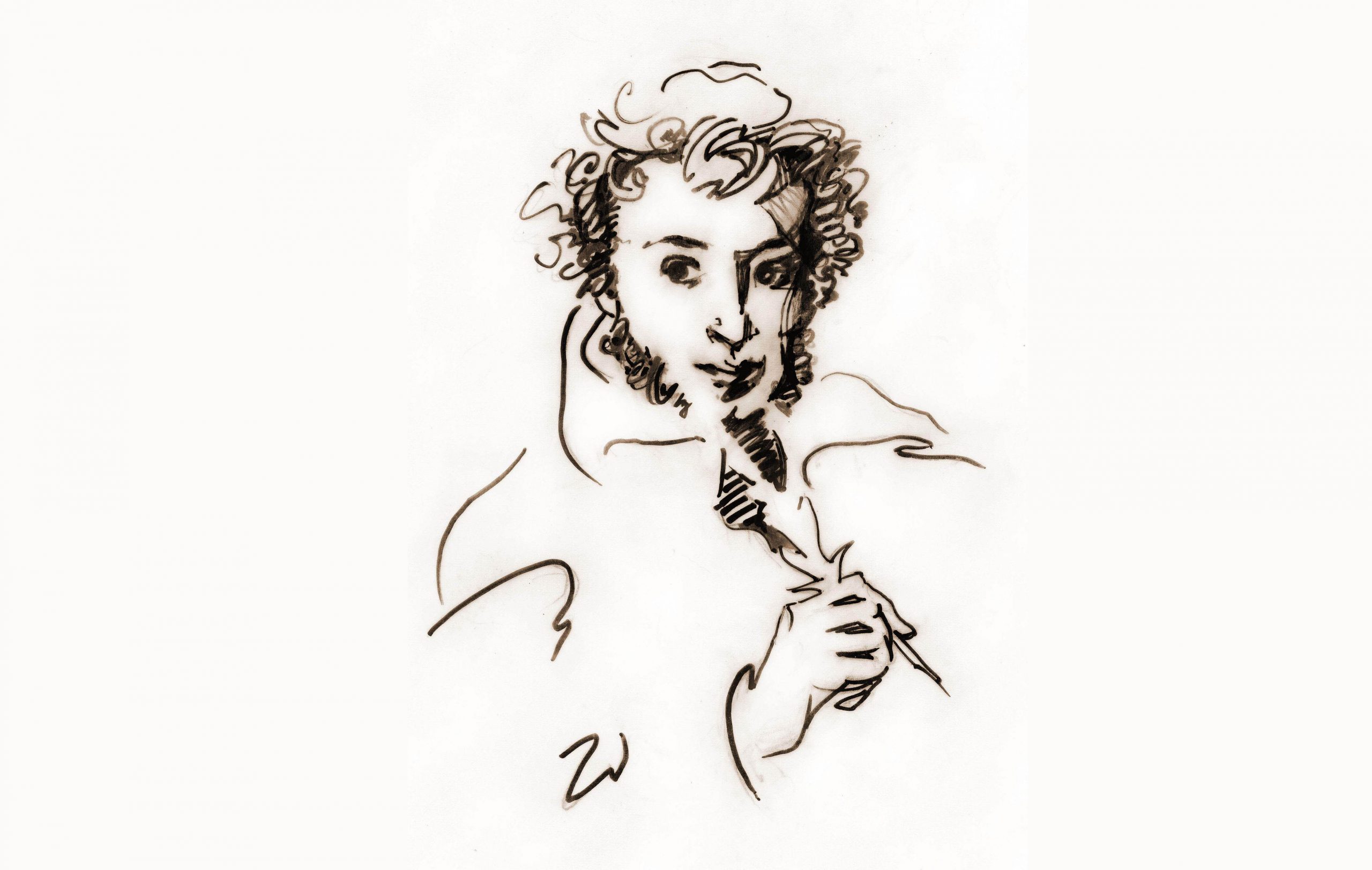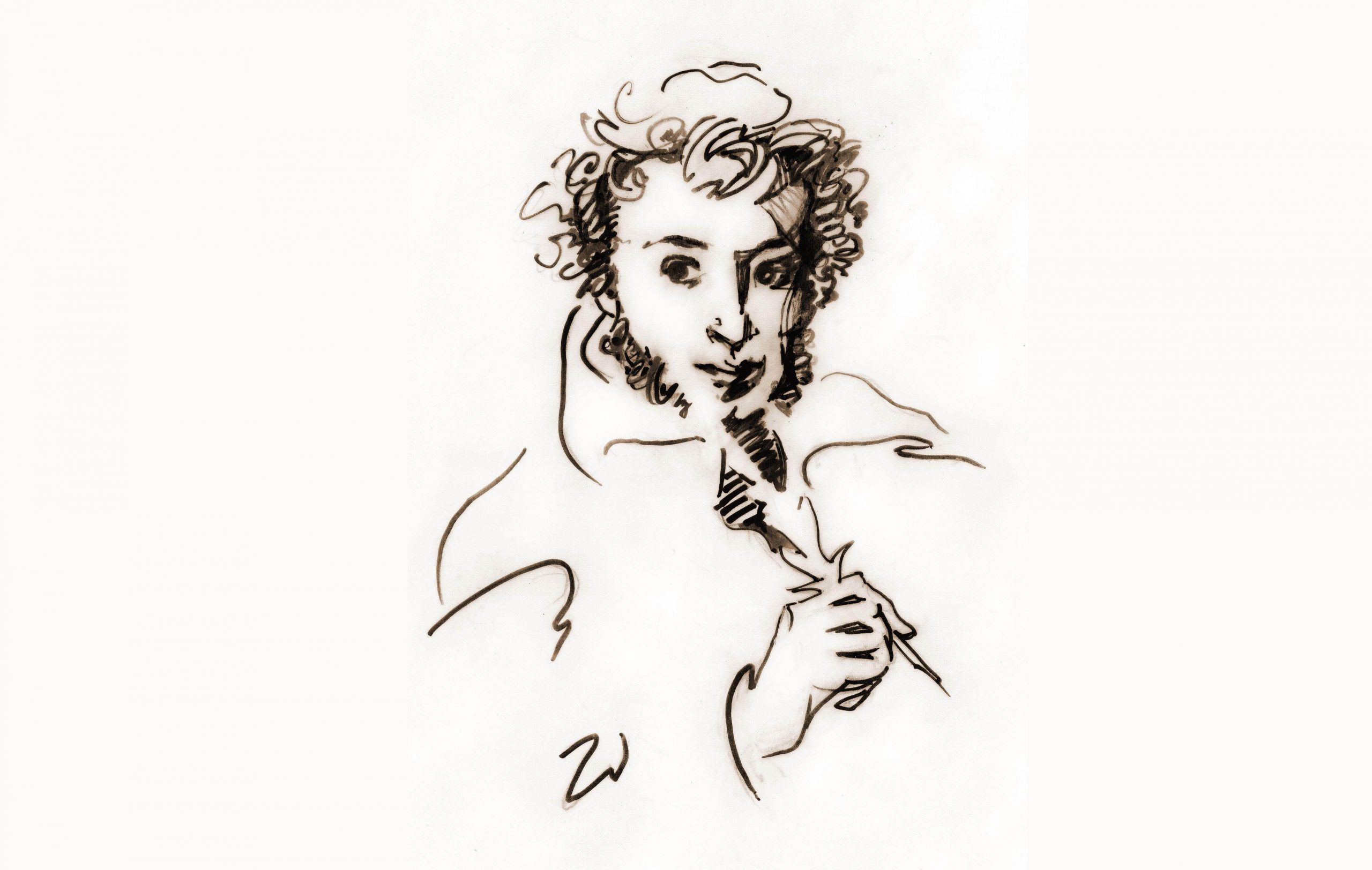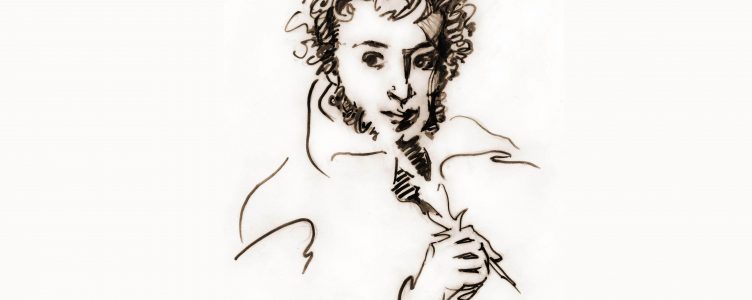On June 6, on the birthday of the great Russian poet, the founder of the modern Russian literary language Alexander Sergeyevich Pushkin, Russian Language Day is celebrated in Russia and the whole world.

The decision to hold the Day of the Russian language as one of the official languages of the UN was first made at the meeting of the Department of Public Information of the UN Secretariat in 2010, on the eve of International Mother Language Day, as a part of a program to develop multilingualism and preserve cultural diversity. One of the goals of this program is to maintain the equal rights of all six official languages of the United Nations (English, Arabic, Spanish, Chinese, Russian and French), as well as to increase awareness of the history and culture of each language.
On June 6, 2011, Russian President Dmitry Medvedev signed a decree on the annual celebration of Russian Language Day in Russia.
The celebration was established to preserve, support and further develop the Russian language as the national heritage of the peoples of the Russian Federation, a mean of international communication and an integral part of the cultural and spiritual heritage of the world civilization.
Russian is one of the largest languages in the world. In terms of the number of speakers, the Russian language ranks the sixth in the world; in terms of prevalence – the eighth place.
In the Internet, using of Russian is in the second place. It is one of the most translated languages in the world. Among the languages into which most books are translated, Russian is in the seventh place. Among the languages that are most often translated, Russian is in the fourth place.
According to the latest data, there are more than 150 million Russian-speaking people in the world, and more than 100 million speak Russian as a second language.
Events dedicated to Russian Language Day are held around the world. Every year on June 6, in the building of the UN General Assembly, concerts of Slavic folk music, competitions for knowledge of the Russian language and literature, exhibitions of works of art, lectures, demonstrations of films and express lessons are held.

The material is prepared on the basis of the open sources.


